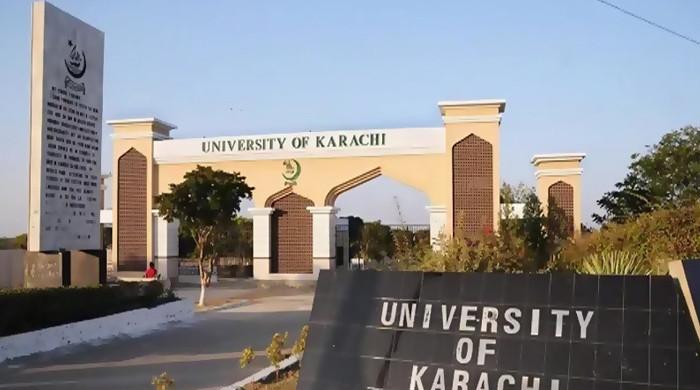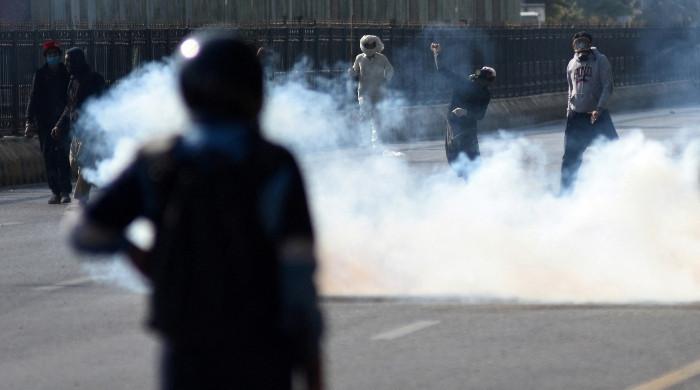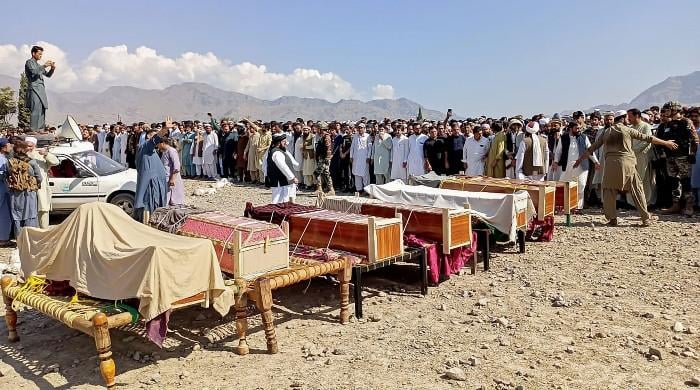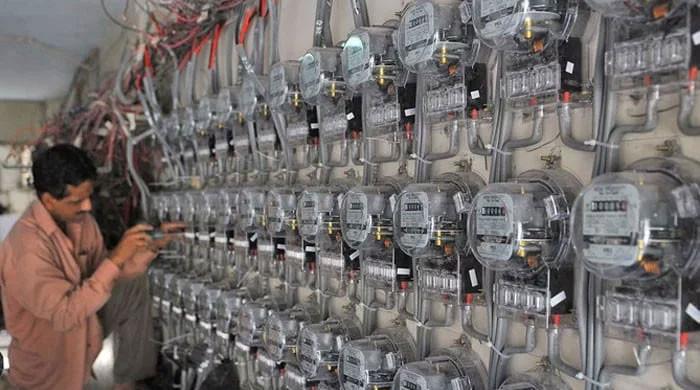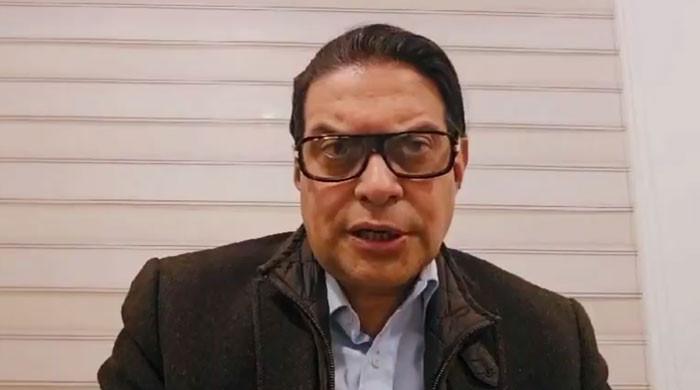As bigger nation, India should make concessions: Musharraf
NEW DELHI: Seeking a new start to relations, former Pakistani president Pervez Musharraf on Saturday said, between India and Pakistan, India had to be the one more accommodative because it was the...
November 17, 2012
Musharraf was delivering the keynote address, "Uniting South Asia: The Way Forward."
No stranger to statesmanship, Musharraf harped on both countries displaying the right ‘niyat’, or intention, a word he uttered 11 times, and better leadership.
"Compromise should come from the bigger party. India should have a big heart because it is the bigger country. When the smaller party makes the compromise, it can have negative connotations," he said, suggesting that the latter scenario could be misconstrued as the "bigger party" dominating the other.
"It's doable," he said, talking of resolving Indo-Pak disputes, adding, "There are three essential pre-requisites."
One, a "sincere niyat", he said again. Two, he called for downsizing the roles of bureaucrats and intelligence agencies, since they "find it difficult to break from the past". And three, all of this required a "leadership function".
Musharraf also cautioned India on extremism, saying: "In India, one feels extremism among Muslim youth may be on the rise. Action would be required to neutralise it."
Television journalist Karan Thapar, who chaired the session, introduced Musharraf as, among other epithets, a former dictator. To this, the former Pakistani military chief who took over his country's presidency in a bloodless military coup in 1999 said: "I wasn't a dictator. Just because you wear a certain dress doesn't make you one.
Dictatorship is a state of mind. I don't agree I was a dictator…let's agree to disagree."
He said India-Pakistan relations took the biggest hits whenever both the nations' intelligence agencies got into confrontation and, according to him, sponsored proxy wars. "This lead to a total breakdown of trust and, may I say, we became enemies."
He alleged that because India was in the eastern camp during the Cold War era, its external intelligence agency R&AW and KGB created problems in Balochistan. "But that is a thing of the past. It should not be repeated. That can lead to confrontation again."
In a new prescription for the two countries that have fought three wars, Musharraf said: "A step-wise progress doesn't work because I may want a different step."
Musharraf called Siachen a "minor issue". "We had identified solutions for both Siachen, it's just about fixing a line, and Sir Creek issue".
Both India and Pakistan have disputed territorial claims in Siachen in Kashmir, and Sir Creek, a water strip off India's Gujarat coast.
The former president, who now alternates between residing in London and Dubai and lives off international paid-for speaking engagements, said Afghanistan could face two scenarios when US troops pull out in 2014. "Either Afghanistan goes back to 1989, when the Soviets left and warlords began fighting, or it goes back to 1996, when the Taliban came. If the US leaves a minimum force, then the situation should be maintainable."
He rejected the view among many that Pakistani intelligence knew al-Qaeda leader Osama bin-Laden was in hiding in Pakistan. "There was no complicity. I am 500% sure. There was negligence." So, was Pakistan's intelligence sleeping, Thapar asked. "Even CIA could not see 9/11 happening. Were they sleeping? You should allow the ISI to sleep once (in a while)," Musharraf replied in his wry humour.




